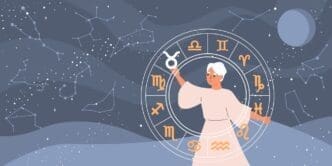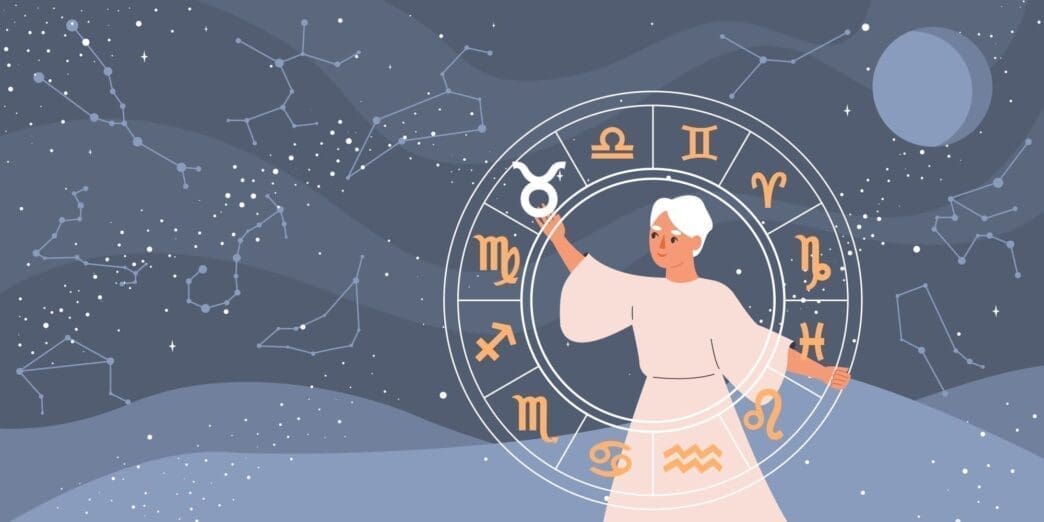

A stylized illustration of a woman holding a luminous astrological chart, which features all twelve zodiac symbols. This artwork serves as a background design for horoscope compositions, symbolizing the connection between celestial patterns and human destiny. By Miami Daily Life / MiamiDaily.Life.
Add a comment






